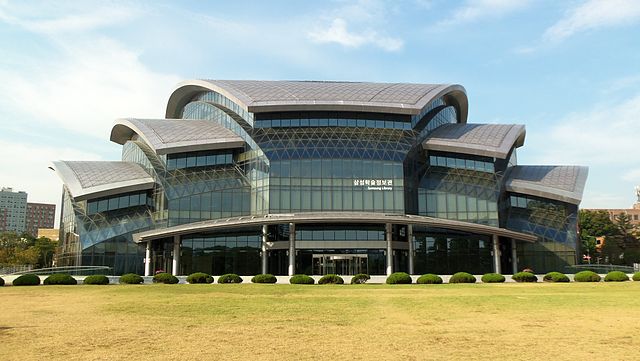SKKU: The 10th Sungkyun International Solar Forum
The SKKU Energy Science and Technology will hold the 10th Sungkyun International Solar Forum (SISF) for 3 days from November 7 (Mon) to 9 (Wed) under the theme of high-efficiency solar cells, light-emitting devices, and semiconductor devices using perovskite materials that are emerging as alternative energy in the future. This forum will be held under the subtitle ‘The next 10 years of halide perovskite, energy science, chemistry, physics, and material science.’
This forum, which will be held for the first time in 3 years due to the global pandemic, marks its 10th anniversary this year since it was first held in 2011. SISF has so far become a global forum representing Korea, which has gathered world-class scholars and engineers leading research on next-generation solar cells to share the research results of the year.
In particular, Korean researchers are leading the field of perovskite solar cells. Professor Nam-Gyu Park (Director of SKKU Energy Science and Technology), the chairperson of the organizing committee of SISF, developed the world’s first solid-state perovskite solar cell and is the best expert and pioneer in the current high-efficiency perovskite solar cell field. The solid perovskite solar cell is not only a substitute for existing solar cell materials, but also a substance that can be applied in various high-tech fields, and Prof. Park is also mentioned as a candidate for the Nobel Prize.
Many global scholars as well as domestic experts in related fields will participate in SISF. About 30 scholars from 12 countries will participate as guest speakers, including Michael Gratzel (Professor at the Federal Institute of Technology Lausanne in Switzerland and Distinguished Chair Professor at SKKU), Prashant Kamat (Professor at the University of Notre Dame), who is also editor of the American Chemical Society Energy Letter, Anders Hagefeld (Vice-Chancellor at Uppsala University in Sweden), and Hiroshi Segawa (University of Tokyo), who is an expert of next-generation solar power. While implementing innovations in solar cells, it is expected that a wide-ranging discussion will be held on breakthrough technology development over the next 10 years and research technology development from basic science to commercialization.

